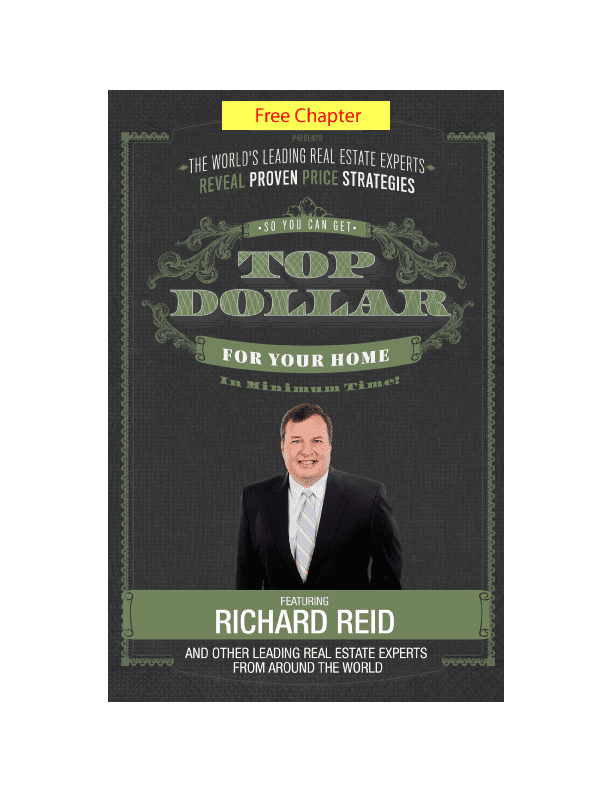Selling your home involves more than just finding a buyer and agreeing on a price. One of the most important aspects to consider is closing costs, which are fees and expenses paid at the final stage of a real estate transaction. While buyers often bear a significant portion of closing costs, sellers also have financial responsibilities. Understanding these costs can help you budget effectively and avoid surprises on closing day. This blog explores the key components of seller closing costs, how they are calculated, and tips for minimizing expenses.
What Are Seller Closing Costs?
Seller closing costs are the fees and expenses a homeowner incurs when finalizing the sale of their property. These costs typically include real estate agent commissions, title insurance, escrow fees, and any outstanding property taxes or liens. In most cases, sellers also contribute toward the buyer’s closing costs, depending on the terms of the sale. The total amount can vary widely based on location, the price of the home, and local market conditions. Understanding these expenses upfront can ensure you are prepared and can negotiate confidently during the transaction process.
Key Components of Seller Closing Costs

Several factors contribute to the total closing costs for sellers. Real estate agent commissions are part of closing costs, typically accounting for 5% to 6% of the home’s sale price. While this may seem like a large expenditure, this fee is typically offset by the savings that real estate agents generate for the seller. Agents are often able to use their negotiation skills to obtain a higher sales price for the seller. They also have expertise in the real estate market as well as highly effective advertising methods that are typically not available to the general public. This knowledge and marketing strategy usually get your home sold faster and for a better price than trying to do it on your own.
Sellers may also need to pay for home repairs or concessions requested by the buyer, as well as prorated property taxes. Additionally, transfer taxes or recording fees might apply depending on your state or local regulations. Knowing these components helps you estimate the total cost and plan accordingly. Talk to your real estate agent to determine what fees you will be responsible for in advance so you know what to expect at the closing.
How to Calculate Your Closing Costs
Calculating closing costs involves understanding both fixed and variable expenses. Fixed costs, such as title insurance and escrow fees, are generally standardized within your region. Variable costs, including agent commissions and buyer concessions, depend on the specifics of your sale agreement and home value. To get an accurate estimate, consider using an online closing cost calculator or consulting with your real estate agent. A detailed breakdown of these costs ensures transparency and helps you avoid unexpected financial burdens during the closing process.
Tips for Reducing Seller Closing Costs

Reducing closing costs is possible with careful planning and negotiation. Start by comparing real estate agents and their commission rates to determine what their fees include in terms of advertising, etc. Be sure to consider the agent’s professional reputation and to ensure they have a proven track record of successful sales. Consider selling your home “as-is” to avoid repair costs, though this may impact the final sale price. Negotiating with the buyer on shared closing costs can also be an effective strategy. Additionally, review your mortgage payoff statement for accuracy and look for opportunities to eliminate unnecessary fees. Taking these steps can help you maximize your net proceeds from the sale of your home.
Conclusion
Understanding closing costs when selling your home is crucial for a smooth and financially successful transaction. By familiarizing yourself with the types of expenses involved, calculating costs accurately, and exploring ways to reduce them, you can confidently navigate the home-selling process. Proper preparation not only helps you avoid surprises but also ensures you retain as much profit as possible from your property sale. Selling your home is a significant milestone, and managing closing costs effectively can make the experience even more rewarding.
#ClosingCosts #HomeSellingTips #RealEstateAdvice #SellerExpenses #PropertySales

Expert Assistance:
To reach out to Richard for expert assistance in the Decatur & Atlanta markets, reach out here.
You can also ask Richard for a copy of his contribution to the best-selling book Top Dollar – by completing the form linked here.

